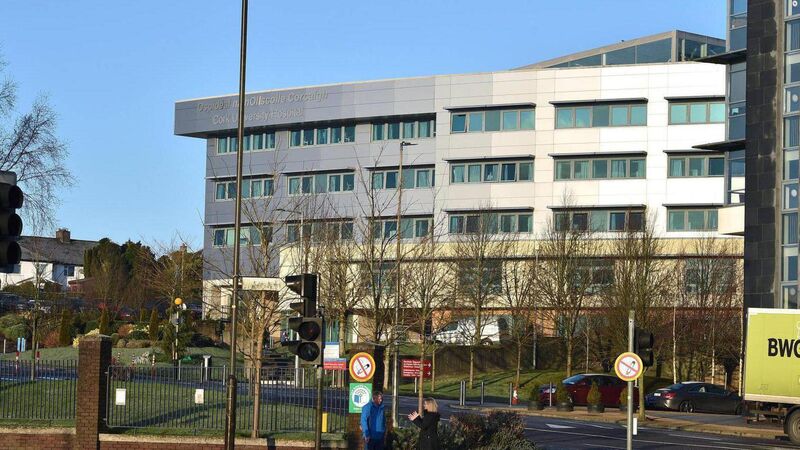CUH’s agency staff costs more than €22.6m for 2024

A Cork TD has described as “privatisation by the back door” the spending by Cork University Hospital (CUH) of more than €22.6m on agency staff last year. Picture Dan Linehan
A Cork TD has described as “privatisation by the back door” the spending by Cork University Hospital (CUH) of more than €22.6m on agency staff last year.
In the first 11 months of 2024, CUH spent €22,629,107 on external agency staff. The figures were supplied by the Cork University Hospitals Group in reply to a parliamentary question by Sinn Féin TD for Cork North Central Thomas Gould.
Of that, more than half, €11,086,756, was spent on agency healthcare assistants, with the next highest amount, €5,383,035, being spent on administrative staff.
Agency nursing staff cost the hospital €3,871,534, while non-consultant hospital doctors (NCHDs) and consultants received €1,282,131, and “others”, described as “including support staff” cost €1,005,652.
Mr Gould said CUH’s spending on agency staff had more than trebled when compared to seven years ago.
“To put this into context, in 2017, €6m was spent on agency staff. In the first 11 months of 2024, over €22m was spent,” Mr Gould said.
“This is very clearly privatisation by the back door.
“I am particularly concerned that vital tasks — cleaning, cooking, and caring for patients — in Cork hospitals are now almost entirely operated by private companies.”
Mr Gould claimed the greatly increased spending on agency staff at CUH was a consequence of “both the recruitment embargo and the continued failure of Fianna Fáil and Fine Gael to resource our health service”.
The HSE introduced its Pay and Numbers Strategy in July 2024, setting a new employment ceiling of 125,420 whole-time equivalent positions in the health service — the number of occupied paid posts in place at the end of December 2023.
Provision was also made for about 2,300 posts to staff new developments and for about 1,000 hospice employees to be brought into the public system.
The strategy replaced the controversial recruitment embargo from the winter before.
Mr Gould said the previous government parties had more than tripled the reliance on agency staff in CUH.
“We see that CUH regularly has the highest numbers of people on trolleys and hear from health care workers that they need more support from the HSE.
“This does not mean reducing directly employed staff and replacing them with agency staff. It means real investment in recruitment and retention across all levels of our health service,” he said.
A spokesperson for the Irish Nurses and Midwifes Organisation (INMO) said the increase in spending on agency staff in CUH could not be looked at in isolation.
“You need to look at that increase in the context of the recruitment and the Pay and Numbers Strategy, because the restrictions placed upon hospitals and the HSE mean they can’t recruit staff at the same pace, but the demands on the system remain the same,” Colm Porter, INMO assistant director of industrial relations for the southern region, said.
“The decision-makers who are on the ground are forced to use agency staff rather than going down the line of trying to recruit full-time [staff].”
CUH was asked for comment.







 App?
App?


